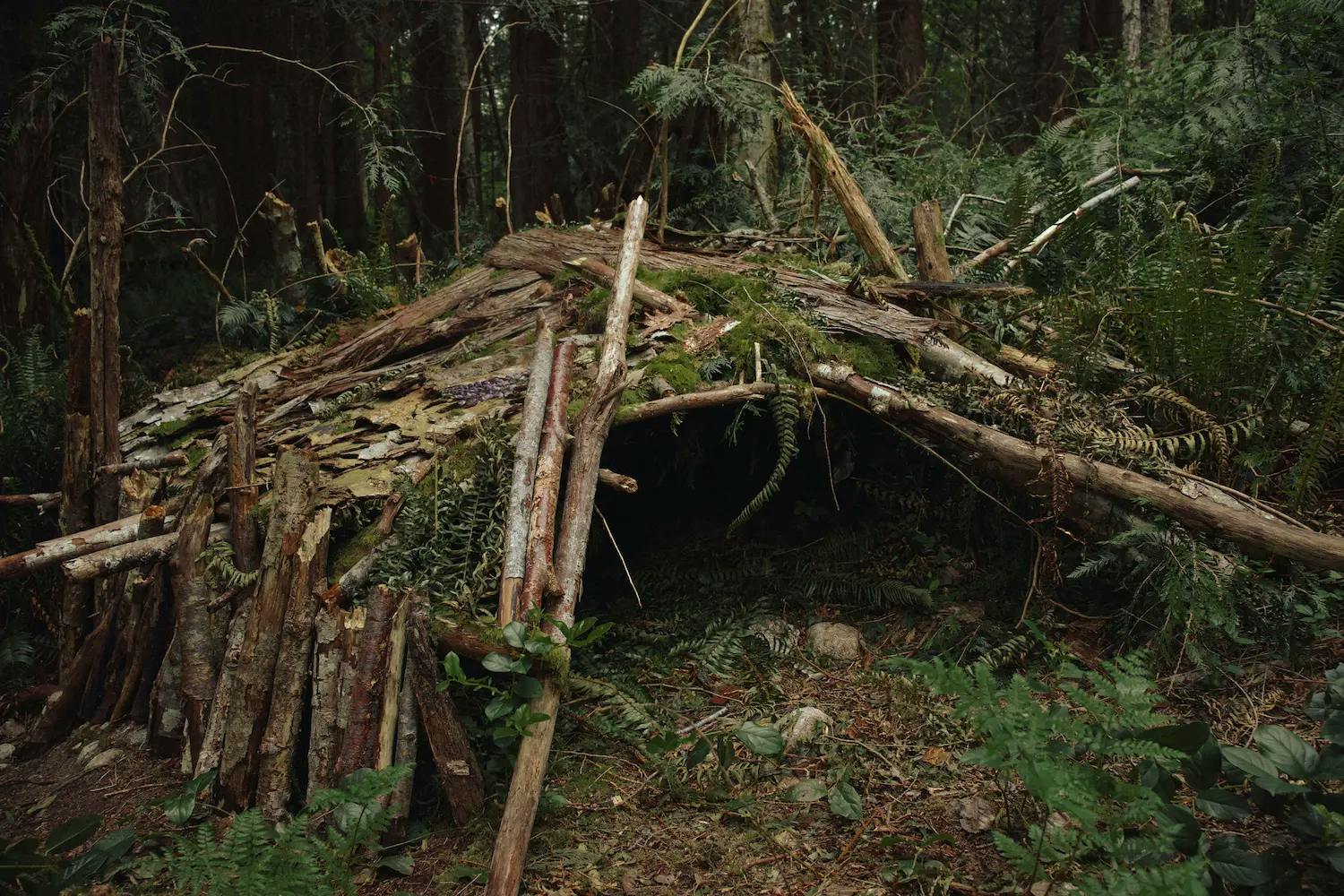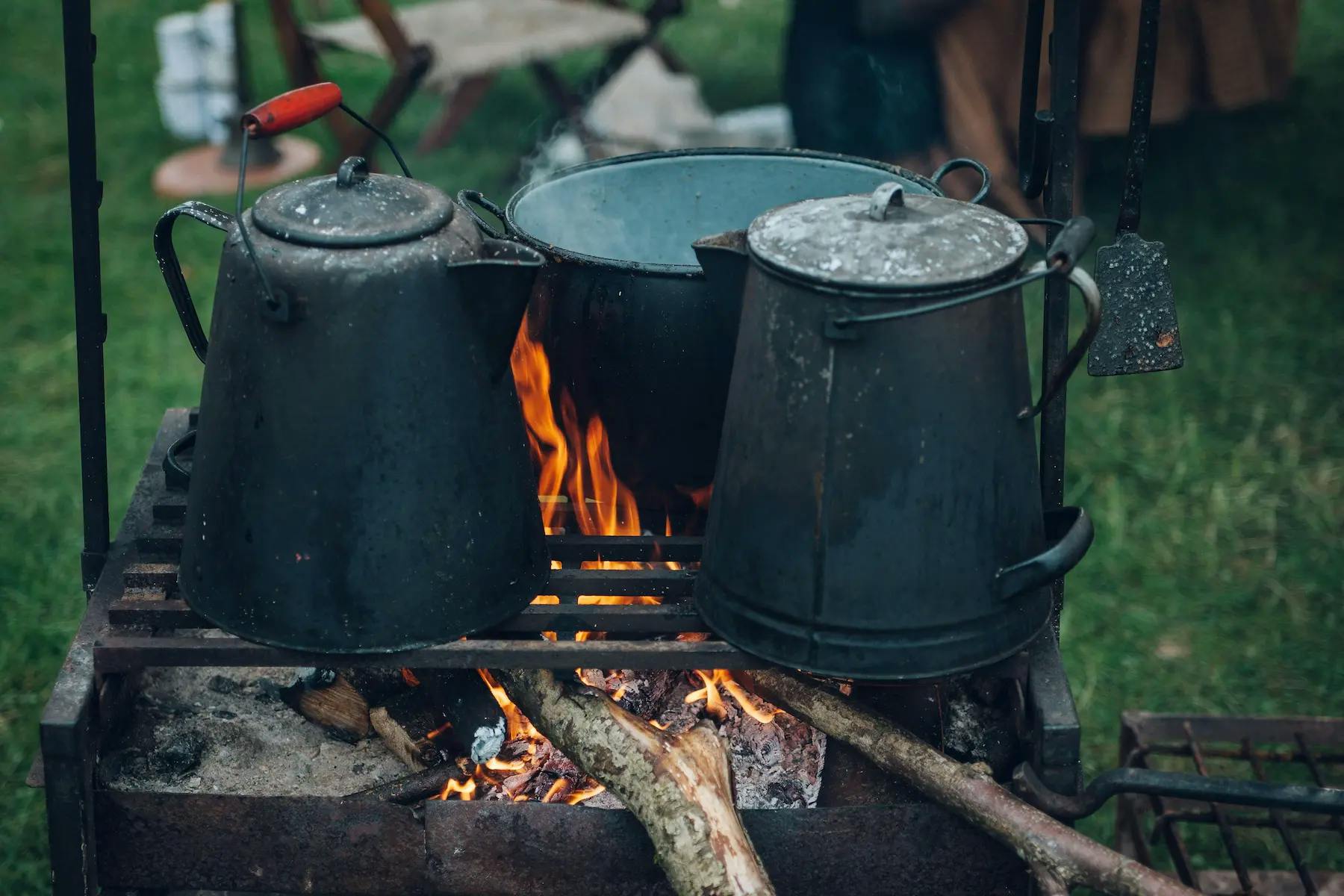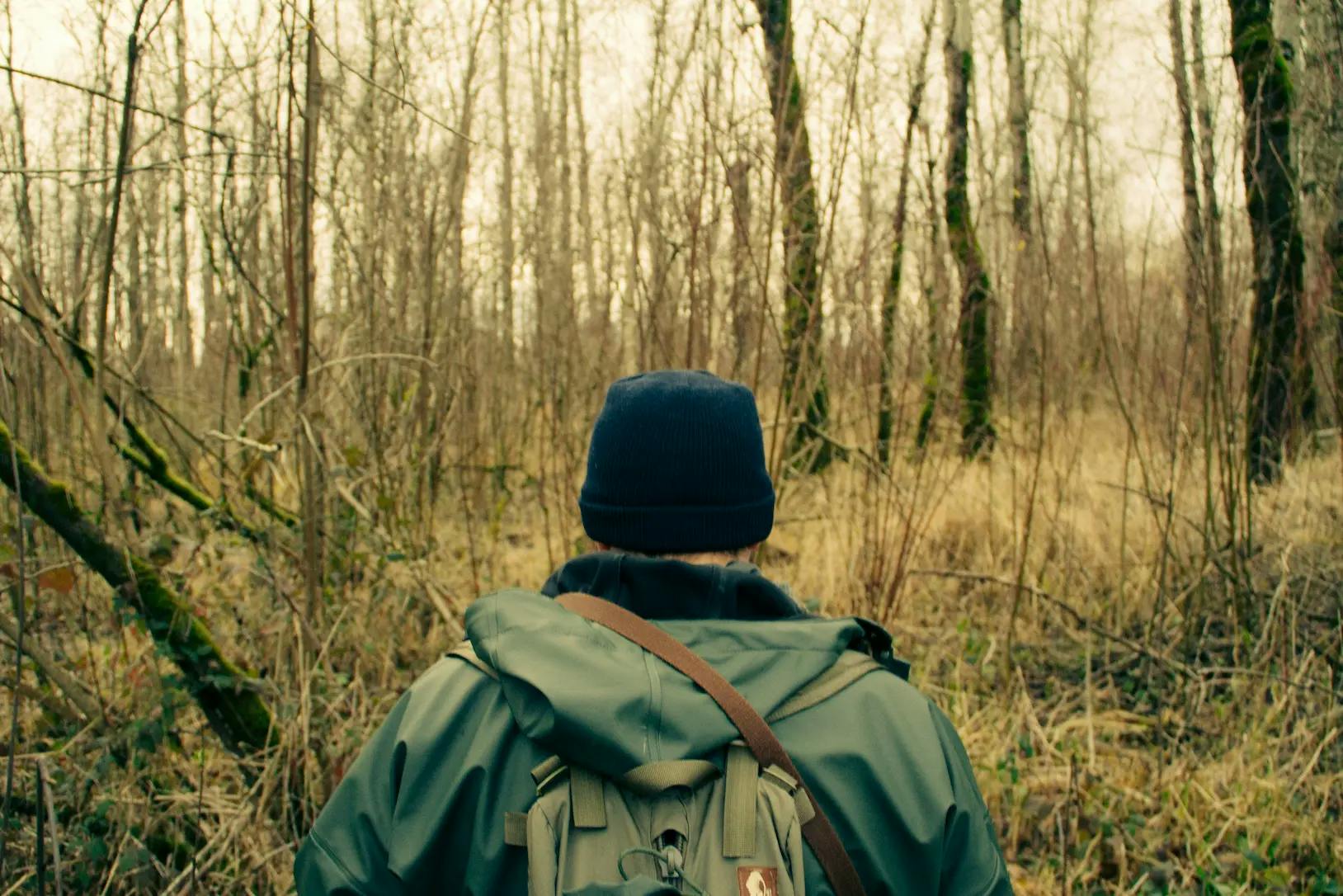Preparing for Disaster: Essential Tips for Emergency Readiness
- Published on
Preparing for Disaster: Essential Tips for Emergency Readiness
Disaster can strike at any moment, and being prepared is crucial for survival. Whether it's a natural disaster, a sudden evacuation, or a camping trip gone awry, having the right tools and knowledge can mean the difference between life and death. In this guide, we will cover essential tips for emergency readiness, including survival skills, prepper strategies, and camping hacks to keep you safe and secure in any situation.
Survival Skills
1. Shelter Building
Knowing how to construct a shelter from natural materials is a key survival skill. Whether it's using branches, leaves, or snow, learning different shelter-building techniques can provide protection from the elements. Check out this guide to building a survival shelter for more in-depth instructions.
2. Fire Starting
Fire is essential for warmth, cooking, and signaling for help. Having multiple methods to start a fire, such as waterproof matches, lighters, and fire starters, is crucial. Additionally, learning primitive fire-making techniques using friction, such as the bow drill or hand drill, can be invaluable in a survival situation.
3. Water Procurement
Finding clean drinking water is a top priority in any survival scenario. Knowledge of locating, collecting, and purifying water from natural sources, such as rivers, lakes, and rain, is vital. Consider carrying a portable water filter or purification tablets for emergency use.
4. Foraging and Hunting
Understanding the basics of foraging for edible plants and hunting for food can sustain you when resources are scarce. Familiarize yourself with the local flora and fauna in your area, and consider taking a foraging and hunting course for practical experience.
5. First Aid
A comprehensive first aid kit and the knowledge to use it effectively are essential for treating injuries and illnesses in emergency situations. Consider taking a first aid and CPR certification course to prepare for medical emergencies.
Prepper Strategies
1. Emergency Supplies
Stockpiling essential supplies, including non-perishable food, water, medical supplies, and hygiene items, is a fundamental prepper strategy. Create a well-organized emergency kit and keep it readily accessible in your home or ready to go in a bug-out bag.
2. Communication Plan
Establishing a communication plan with your family or group is crucial during emergencies. Agree on meeting points, emergency contacts, and alternative communication methods in case traditional means fail.
3. Home Security
Securing your home against potential threats, such as burglary or looting during a disaster, is a key prepper concern. Consider fortifying entry points, installing security systems, and storing emergency supplies in a secure location.
4. Off-Grid Energy
Having alternative energy sources, such as solar panels or portable generators, can provide power during an extended emergency. Explore off-grid energy options to ensure you have the necessary resources to stay connected and powered up.
Camping Hacks
1. Campfire Cooking
Mastering the art of cooking over an open flame can enhance your camping experience. Invest in lightweight cookware, bring versatile ingredients, and learn different campfire cooking techniques for delicious outdoor meals.
2. Navigation Skills
Navigating through unfamiliar terrain is a crucial camping skill. Learn how to use a map and compass, as well as GPS technology, to ensure you can find your way back to camp or civilization.
3. Campsite Security
Keeping your campsite secure from wildlife and potential intruders is essential for a safe and peaceful camping trip. Store food in bear-proof containers, set up perimeter alarms, and familiarize yourself with local wildlife safety measures.
4. Emergency Signaling
In the event of an emergency while camping, having signaling devices, such as whistles, signal mirrors, or a personal locator beacon, can help rescuers locate you quickly and efficiently.
Final Thoughts
Being prepared for disasters, whether in the wilderness or at home, requires a combination of survival skills, prepper strategies, and camping know-how. By mastering essential skills, strategizing for emergencies, and honing your camping abilities, you can stay safe and secure in any situation. Remember to stay informed, practice your skills regularly, and update your emergency plans as needed. With the right preparation and mindset, you can effectively navigate any crisis that comes your way.



